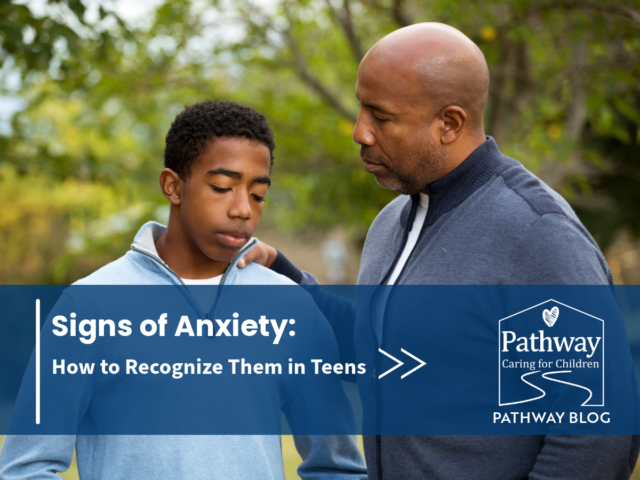
How to Recognize the Signs of Anxiety in Teenagers
In today’s fast-paced world, teenagers face a myriad of challenges that can lead to anxiety. As parents and guardians, it is crucial to recognize the signs of anxiety in teenagers to provide the necessary support and guidance for their mental well-being. In this guide, we will delve into common signs of anxiety in teenagers, understand the impact it can have on their lives, and explore effective ways to support them through these challenging times.
Common Signs of Anxiety in Teenagers
- Recurring fears and worries: Teenagers experiencing anxiety may exhibit persistent fears or worries about various aspects of their lives, such as school performance, social interactions, or future uncertainties.
- Irritability and mood swings: Anxiety can manifest in teenagers through irritability, mood swings, or outbursts of frustration. These emotional reactions may stem from underlying feelings of stress and anxiety.
- Concentration difficulties: Teens struggling with anxiety may find it hard to concentrate on tasks, leading to academic challenges and a sense of being overwhelmed by even simple responsibilities.
Impact of Anxiety on Teenagers
- Academic performance decline: Anxiety can significantly impact a teenager’s academic performance, leading to a decline in grades, absenteeism, or difficulty focusing during classes and exams.
- Loss of interest in activities: Teenagers battling anxiety may lose interest in activities they once enjoyed, isolating themselves from friends and social engagements due to feelings of fear or unease.
- Physical symptoms: Anxiety in teenagers can also manifest through physical symptoms like headaches, stomach aches, muscle tension, or changes in appetite and sleep patterns.
How to Support Teenagers with Anxiety
- Communication strategies: Open and honest communication is key to supporting teenagers with anxiety. Encourage them to express their feelings and concerns without judgment and actively listen to their thoughts.
- Seeking professional help: If you notice persistent signs of anxiety in your teenager, consider seeking help from a mental health professional who can provide expert guidance and support tailored to their specific needs.
- Self-care tips for teenagers: Encourage your teenager to practice self-care activities such as mindfulness exercises, physical activity, healthy eating habits, and sufficient rest to manage anxiety symptoms effectively.
Additional Resources
For more information and support on recognizing and addressing anxiety in teenagers, please visit Pathway Mental Health Services for valuable resources and guidance.
By understanding the signs of anxiety in teenagers and taking proactive steps to provide support and guidance, you can make a positive difference in your teenager’s mental well-being and help them navigate these challenging times with resilience and strength.